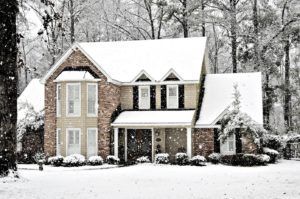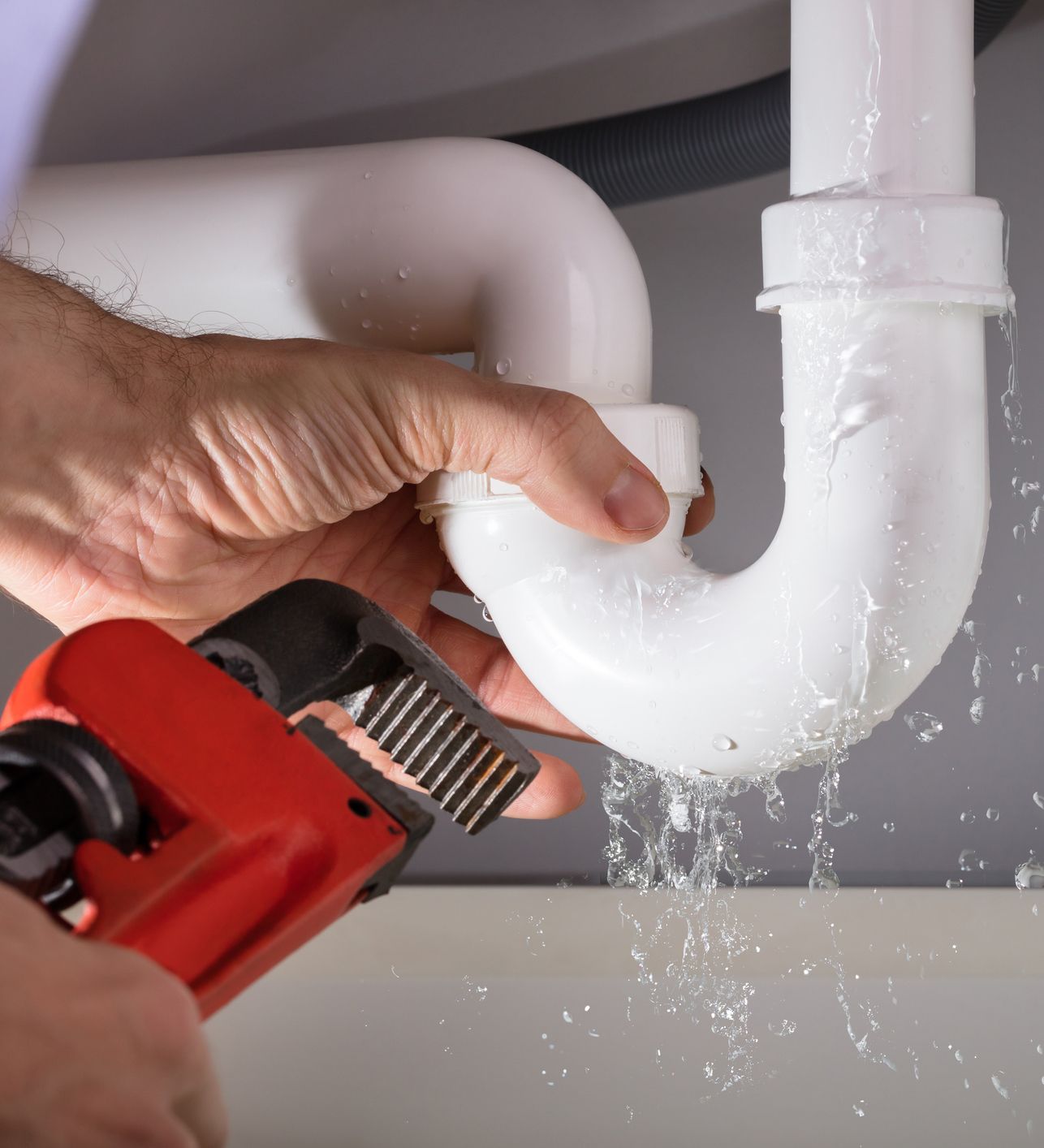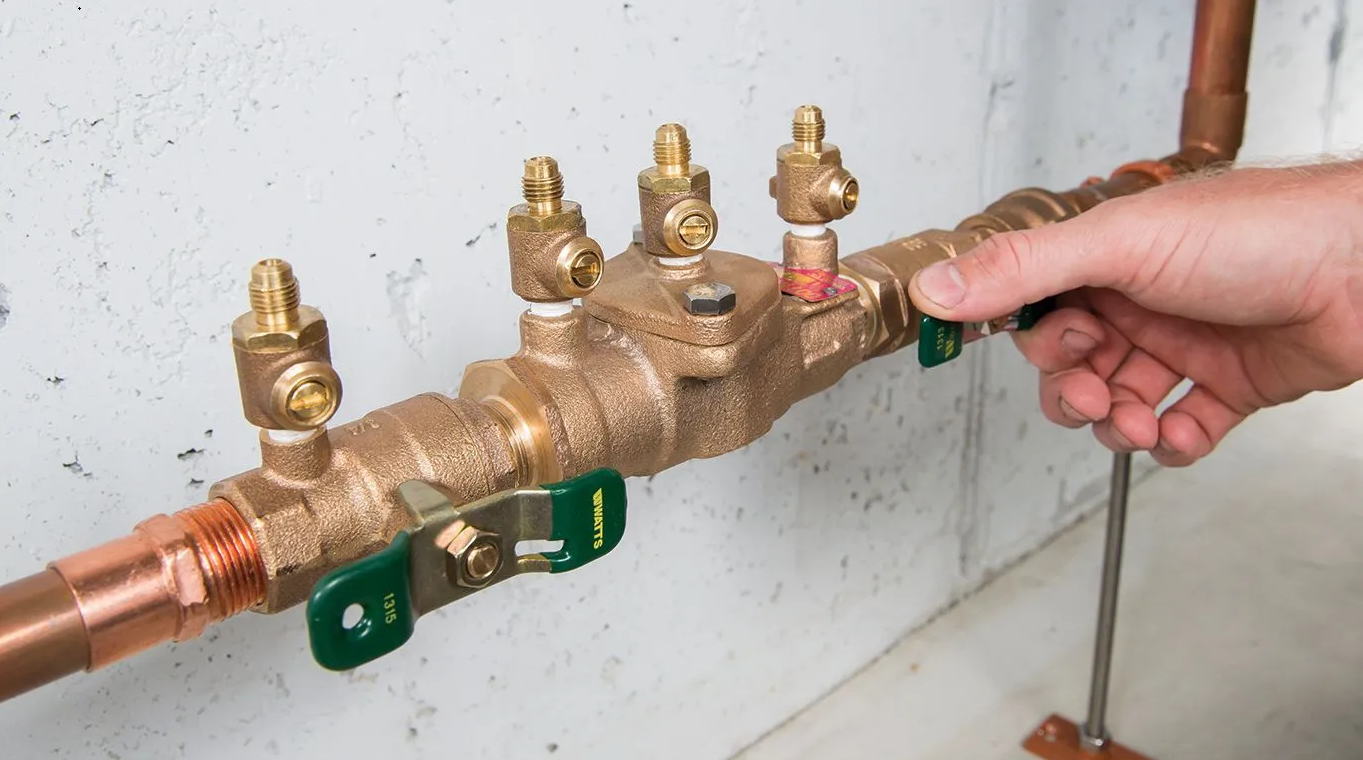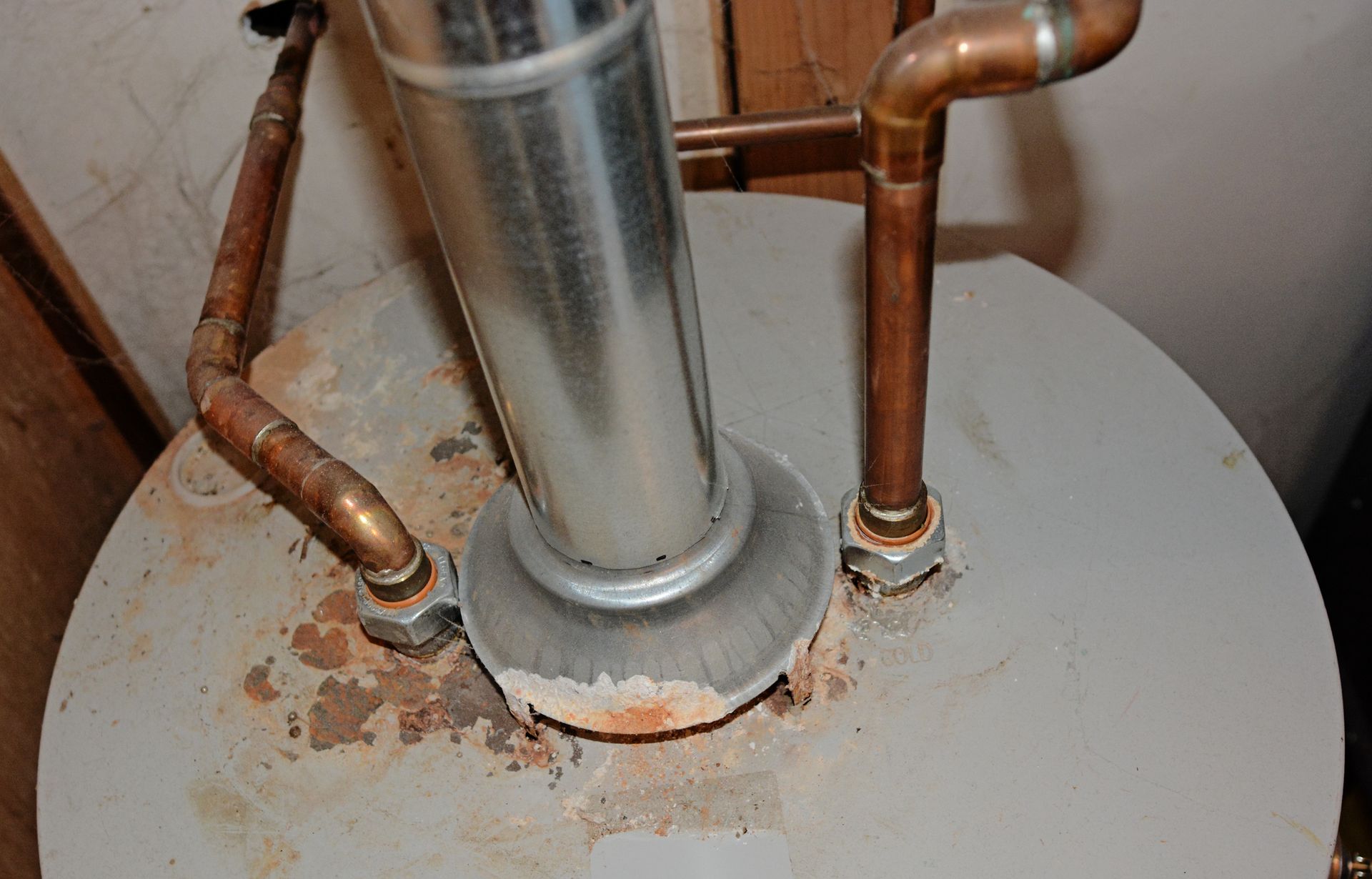Is Your Hot Water Heater Ready for Winter?

You rely on your hot water heater for routine tasks you complete throughout the day, from preparing your morning coffee to washing your child’s sports uniform to relaxing in a bubble bath after a hard day’s work.
If your hot water heater is the appropriate size and kept in good condition, the unit should be able to accommodate your everyday hot water needs with little to no delay. However, when winter weather arrives, the change in moisture and temperature could affect your heater’s performance and your daily routine.
In this blog, we discuss how winter conditions can impact your hot water heater as well as how your plumber may winterize your hot water heater to prevent common seasonal issues.
How Winter Affects Hot Water Heaters
Winter is particularly hard on pipes and plumbing appliances, including your hot water heater. Winter conditions often introduce moisture to new areas and encourage temperature fluctuations between comfortably heated and subzero.
As conditions change, your hot water heater may change as well. In the winter, you may notice the following hot water heater issues:
- Expansion of existing leaks. The expansion and shrinkage process surrounding a freeze may lead to water damage, increased risk of unit freezes or unit failure.
- Longer waiting periods. You’ll have to wait between hot water uses because the unit produces less hot water, and the hot water also decreases in temperature during delivery.
- More power usage. It requires more energy to heat colder water to the usual temperature, which also raises electricity costs.
- New leaks. These develop at the vulnerable areas of the tank and plumbing and are often due to localized ice that puts excess pressure on weakened components.
- Slow tank recovery. The cold ambient conditions around the heater unit itself can add extra waiting time between hot water uses and expend more electricity during the heating process.
Additionally, if your hot water heater is in disrepair in the summer or fall, the unit is more likely to fail during the winter when your household’s hot water demand increases. This risk is one of the reasons why it’s important to schedule an inspection annually or twice annually.
How Plumbers Winterize Hot Water Heaters
While many circumstances can affect your plumbing system’s performance, few situations have more impact than the changing of the seasons — especially if you live in a four-season area.
As the harsh winter season approaches, you take many steps to prepare your home. One of the most essential steps to ensure that your plumbing system continues to function during the cold weather months is to consult with a plumber about your hot water heater.
Because hot water heater issues are often complex and can have serious consequences when left unaddressed, you will want professional help.
This service call may include a number of efforts designed to winterize your hot water heater. Common steps include:
- Exhaust system inspection and clearing. Your plumber checks for pest infestations that may affect heating and venting, particularly in colder weather.
- Exterior pipe insulation. This reduces the amount of heat loss between your hot water reservoir and faucets.
- Leak detection. This prevents flooding, bursting and water usage inefficiencies caused by both large and small hot water heater leaks.
- Minor repairs. This includes replacing minor parts, such as dip tubes.
- Settings adjustment. This works to balance out the change in temperature.
If your hot water heater has a history of poor performance during the winter, your plumber may suggest upgrading or changing the unit’s location to an area of your home that stays warmer throughout the season.
Your plumber may also provide recommendations tailored to your lifestyle and type of hot water heater. For example, if you plan to take an extended vacation this winter, your plumber may suggest installing a floodstop system, which could help protect your home if the unit were to crack. A floodstop system sounds an alarm and stops water flow when a sensor attached to the hot water heater is tripped.
Additionally, depending on the age and condition of your unit, your plumber may recommend keeping the water circulating during significant temperature drops by turning each faucet on. This movement helps keep the pipes and hot water heater from freezing.
As you prepare for the challenges and adventures of wintertime living, don’t forget to schedule a hot water heater inspection from your trusted plumbing service provider. This single routine visit can ensure that your family continues to enjoy the benefits of hot water no matter how cold it gets outside.
For complete hot water heater services, including emergency repairs, trust the experienced plumbing team at Jim Dhamer Plumbing and Sewer, Inc.
The post Is Your Hot Water Heater Ready for Winter? appeared first on .
Leave A Reply
More Posts









